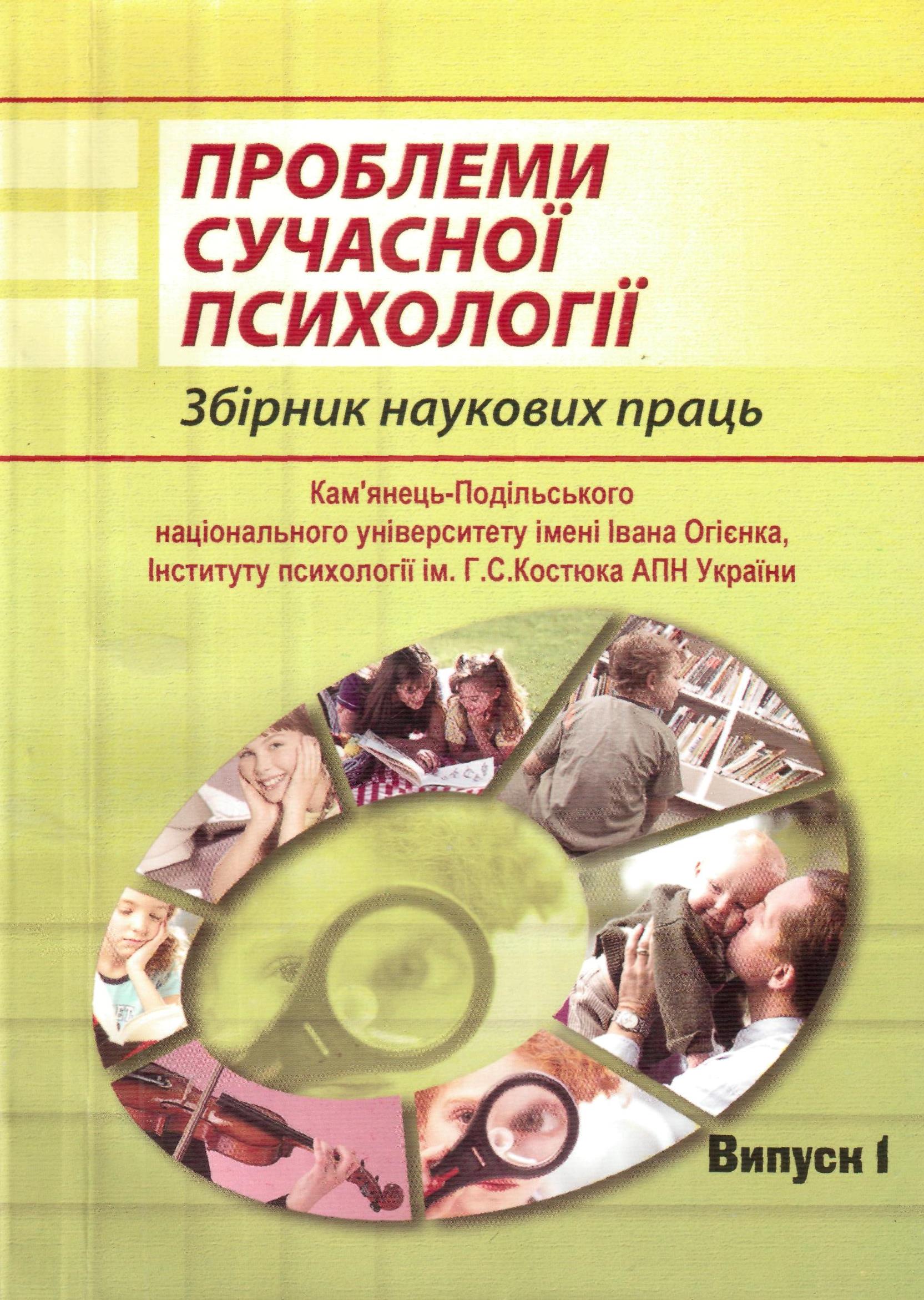Роль профорієнтації в розвитку відповідальності як провідної якості особистості майбутнього фахівця
DOI:
https://doi.org/10.32626/2227-6246.2008-1.%25pKeywords:
професійна орієнтація, якість особистості, відповідальне ставлення, професійне навчання.Abstract
Стаття розкриває роль професійної орієнтації в розвитку
відповідальності як провідної якості особистості майбутнього
фахівця професіонала. Досліджується відповідальне ставлення учнів
до професійного навчання. За результатами дослідження виділено
три групи учнів із різним рівнем відповідального ставлення до
професійного навчання та обраної професії: стійким, середнім
(ситуативним), низьким.
References
Баранова С.В. Соціально психологічні механізми
формування професійної відповідальності колективних
суб’єктів управління: Дис. ... кандидата психологічних
наук за спец. 19.00.05 – соціальна психологія. –
Луганськ. – 2004. – 224 с.
Бех І.Д. Відповідальність особистості як мета вихо
вання // Початкова школа, 1994. – №9 10. – С. 4 8.
Дригус М.Т. Вплив ставлення учнів до навчання на його
результативність // Психологія. – Вип. 20. – К.: Рад.
школа, 1981. – С. 60 68.
Шрадер В. Отношение к учению слабоуспевающих
школьников и условия, влияющие на изменение этого
отношения / В кн.: Психические особенности слабо
успевающих школьников. – М.: Педагогика, 1984. –
С. 11 77.
Татаурова Г.П. Профорієнтаційні виміри відпо
відального ставлення майбутнього фахівця до вибраної
професії // Педагогічний процес: теорія і практика: Зб.
нак. пр. Інститут педагогіки і психології професійної
освіти АПН України. – 2006. – Вип. 5. – С. 262 269.
Downloads
How to Cite
Issue
Section
License
Copyright
The Editorial Board has the full right to publish original scientific papers containing results of theoretical and experimental research works which are not currently subject to review for publication in other scientific editions. The Author shall transfer to the editorial board of the Collection the right to spread the electronic version of the paper, as well as the electronic version of the paper translated into English (for papers originally submitted in Ukrainian and Russian) by all kinds of electronic means (placement at the official website of the Collection, electronic databases, repositories etc).
The Author of an article reserves the right to use materials of the paper, without approval with the editorial board and the founders of this Collection: a) partially or fully, for educational purposes; b) for writing own dissertation papers; c) for preparation of abstracts, conference reports and presentations.
The Author of an article can place electronic copies of the paper (including the final electronic version downloaded from the official website of the Collection) at:
- personal web resources of all Authors (websites, webpages, blogs etc.);
- web resources of the institutions where the Authors are employed (including electronic institutional repositories);
- non-profit public access web resources (for example, arXiv.org).
But in all cases, it is obligatory to have a bibliographic reference to the paper, or a hyperlink to its electronic copy placed at the official website of this Collection.






